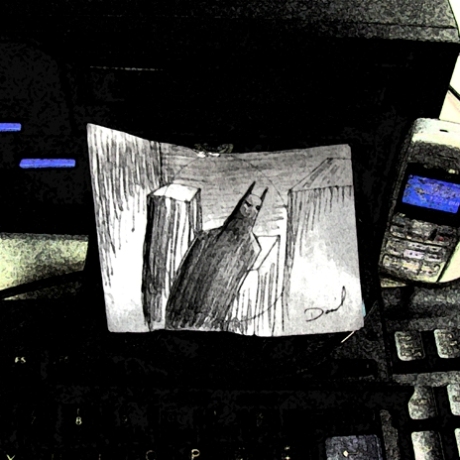In ancient history, as in Athens and Rome, the knight was a noble of the second class who in military service had to furnish his own mount and equipment. In Roman society, the knights (Latin equites) ranked below the senatorial class and above ordinary citizens. A knight forfeited his status if the assessed value of his fortune sank below 400,000 sesterces.
In medieval history, the knight was an armed and mounted warrior belonging to the nobility. The incessant private warfare that characterized medieval times brought about a permanent military class, and by the 10th century the institution of knighthood was well established. The knight was essentially a military officer.
After c.1100 military tenure was generally subject to the law of primogeniture, which resulted in a class of landless knights; at the time of the Crusades those landless knights formed the great military orders of knighthood, which were religious as well as military bodies. Important among these were the Knights Templars, Knights Hospitalers, Teutonic Knights, Livonian Brothers of the Sword, Knights of Calatrava, and Knights of Aviz.
The title knight (Ger. Ritter, Fr. chevalier) was later used as a noble title in Germany and France. In the French hierarchy of nobles the title chevalier was borne by a younger son of a duke, marquis, or count. In modern Britain, knighthood is not a title of nobility, but is conferred by the royal sovereign (upon recommendation of the government) on commoners and nobles alike for civil or military achievements. A knight is addressed with the title Sir (e.g., Sir John); a woman, if knighted in her own right, is addressed as Dame.
Duby, The Chivalrous Society (1978)
The Dark Knight is he who does what no one else dares to do for the sake of good. For what is right. He is a figure of last resorts. When the balance of good and evil must be leveled even at dire costs. He is a dealer and a judge who bares the heavy cross of deciding over the lesser of two horrifying evils. Sometimes more.
This obscure figure suffers the burden of choices never taken lightly. He is guilty of doing the right thing; of bringing to light that ugly truth which must be known by all, but is shun by everyone. With tensity and no consideration for his own soul he breaks the laws of man in the name of what's right, and what is fair.
-The Dark Knight-
